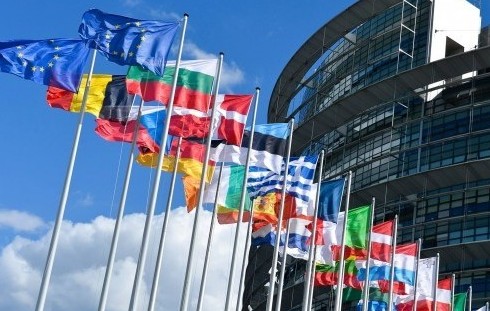COMMISSION SETS OUT GUIDANCE TO HELP TACKLE THE ENERGY CRISIS AND MAKE EUROPE GREENER AND MORE DIGITAL
Today, the Commission has launched the 2023 European Semester cycle of economic policy coordination. The package draws upon the Autumn 2022 Economic Forecast which showed that after a strong first half of the year, the EU economy has now entered a much more challenging phase. While swift and well-coordinated policy action during the COVID-19 pandemic is paying off, the fallout from Russia's invasion of Ukraine confronts the EU with multiple and complex challenges. Historically high energy prices, high inflation rates, supply shortages, increased debt levels and rising borrowing costs are affecting business activity and eroding households' purchasing power.
These challenges call for coordinated action to secure adequate and affordable energy supply, safeguard economic and financial stability, and protect vulnerable households and companies while preserving the sustainability of public finances. At the same time, rapid action is needed to boost potential growth and quality job creation and deliver on the green and digital transitions. Economic policy coordination through the European Semester will help Member States achieve these objectives by setting priorities and providing clear and well-coordinated policy guidance for the year to come.






